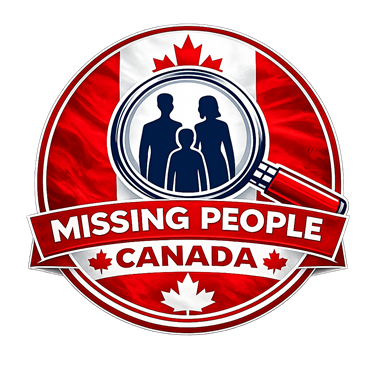The mistaken belief that you have to wait 24 hours before filing a missing persons report with police in Canada may have come from American television shows, according to Alissa Watt, executive director of the Missed Lives Project.
The myth of a waiting period for reporting a missing person has come up several times at the ongoing inquest into the deaths of seven First Nations students in Thunder Bay, Ont.
In at least one case, a student support worker waited 24 hours before calling police to file a missing persons report about a missing student, testifying at the inquest that she believed that was police policy.
A Thunder Bay police officer told the inquest there is no such policy.
“Police that I’ve spoken to about that 24 hour misconception often chalk it up to Law and Order or CSI, those types of shows where it is said by a character, it’s perpetuated that way and we absorb it in Canadian mind sets,” Watt said.
Here are five things you should know about reporting a missing person, courtesy Alissa Watt, whose organization pushes for improved services and helps investigate missing persons cases which have fallen through the cracks.
- 1. There is no waiting period
Contact the police as soon as there is “a reasonable concern” for someone’s safety, Watt said. “That’s when the trail is hottest, you have people recognizing the face right away, memories are best for what people were wearing, how they were acting, who they were with. The sooner you can report a person missing, the better.”
- 2. You don’t have to be a family member to call police about someone who is missing
Anyone who knows a person well enough to be concerned about a break from that person’s regular routine can file a missing persons report, Watt said.
- 3. You can call police in the place the missing person was from, or where they were last seen
You can report a missing person to your local police service and they will share the files with the appropriate jurisdiction, Watt said.
- 4. Police use various risk assessment tools
The criteria for what constitutes a person being at risk is different in different regions, Watt said. Being very young or very old are generally considered risk factors for missing persons and police often treat their cases with more urgency.
- 5. Adults are allowed to willfully go missing
It’s usually relatively easy for police to find a person who is “missing on purpose”, so it is not a tax on police resources for you to file a missing persons report if you are concerned, Watt said — “if you’re worried about them, report them missing.”
http://www.cbc.ca/news/canada/thunder-bay/what-to-do-if-someone-you-know-disappears-1.3344125



